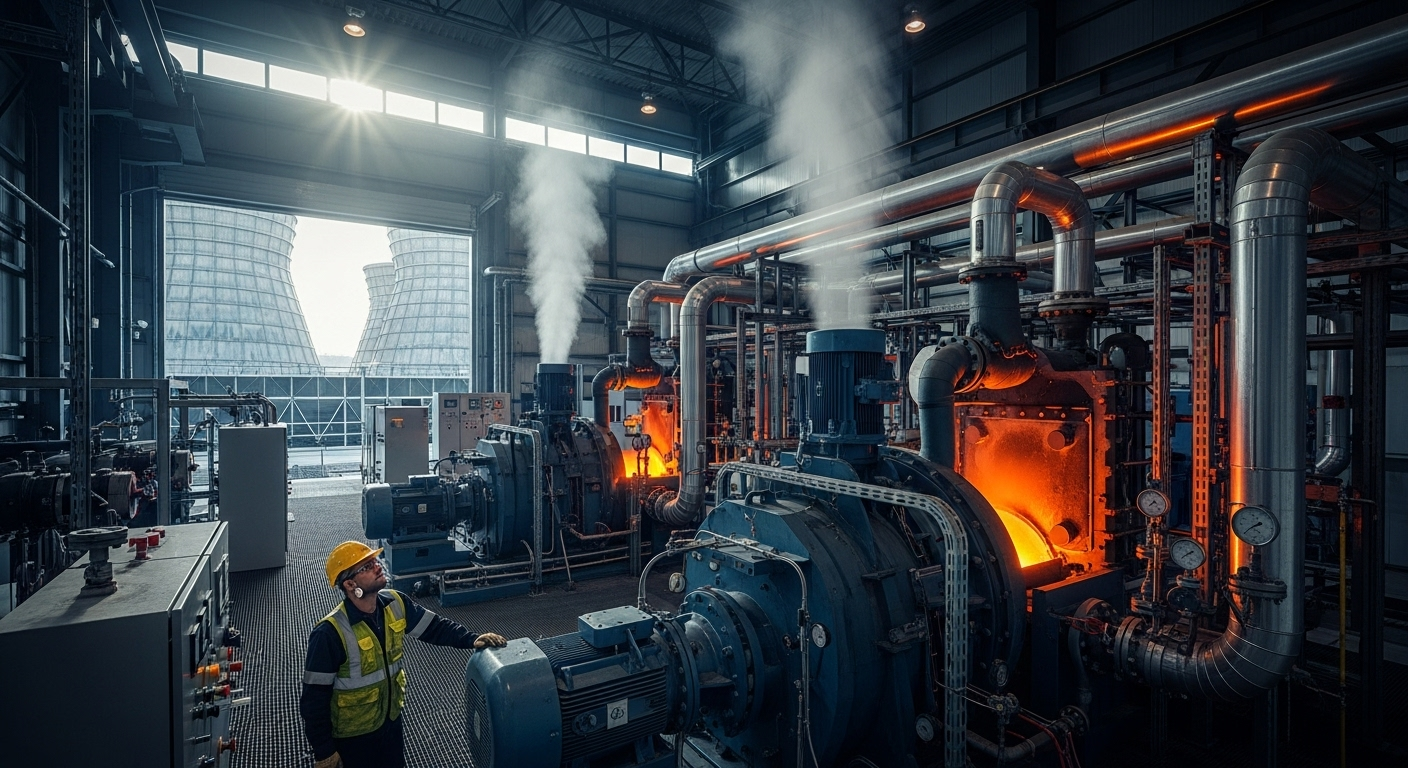Cutting-edge Strategies in Waste Heat Recovery: A Game Changer for Industrial Efficiency
Introduction: Industrial operations have long grappled with the dilemma of waste heat. Now, innovative strategies in waste heat recovery are paving the way for increased efficiency and sustainability. This article delves into the rise of these strategies, exploring their potential impact on the industrial sector.

A Historical Overview of Waste Heat Recovery
Historically, the industrial sector has struggled with the issue of waste heat, often viewed as an unavoidable by-product of operations. However, technological advances over the last few decades have enabled industries to tap into this overlooked resource. Waste heat recovery systems, which capture and reuse heat that would otherwise be lost, have steadily gained traction. This shift reflects a broader trend in the industrial sector toward sustainable and efficient practices.
Current Trends and Insights
Today, waste heat recovery strategies are increasingly considered an essential tool for optimizing industrial efficiency. By harnessing waste heat, industries can reduce their energy consumption, lower operational costs, and lessen their environmental impact. Moreover, these strategies align with the global shift towards a more sustainable, low-carbon economy.
Impact, Benefits, and Challenges of Waste Heat Recovery
Waste heat recovery can significantly enhance operational efficiency and sustainability. However, implementing these strategies comes with its own set of challenges. Key among them is the initial investment required to install recovery systems. Additionally, these strategies often require a high level of technical expertise for successful deployment. Despite these hurdles, the potential benefits of waste heat recovery, particularly in terms of energy savings and environmental impact, make it a compelling choice for forward-thinking industries.
Research-Backed Claims
Research underscores the potential of waste heat recovery. A study by the U.S. Department of Energy found that waste heat recovery could potentially save industries up to 20% of their energy consumption. More importantly, these savings would come with a corresponding reduction in CO2 emissions, contributing to global efforts to mitigate climate change.
Practical Insights for Waste Heat Recovery
-
Invest in advanced waste heat recovery systems that align with your industry’s specific needs.
-
Train your workforce on the technical aspects of waste heat recovery to ensure seamless implementation.
-
Explore potential partnerships with energy service companies who can provide expertise and financing for waste heat recovery projects.
Wrapping Up
Waste heat recovery represents a promising avenue for industries seeking to boost their efficiency and sustainability. By capitalizing on this often-overlooked resource, industries can not only reduce their operational costs but also contribute to global sustainability efforts. As we move towards a greener, more efficient industrial future, waste heat recovery strategies will undoubtedly play a pivotal role.





